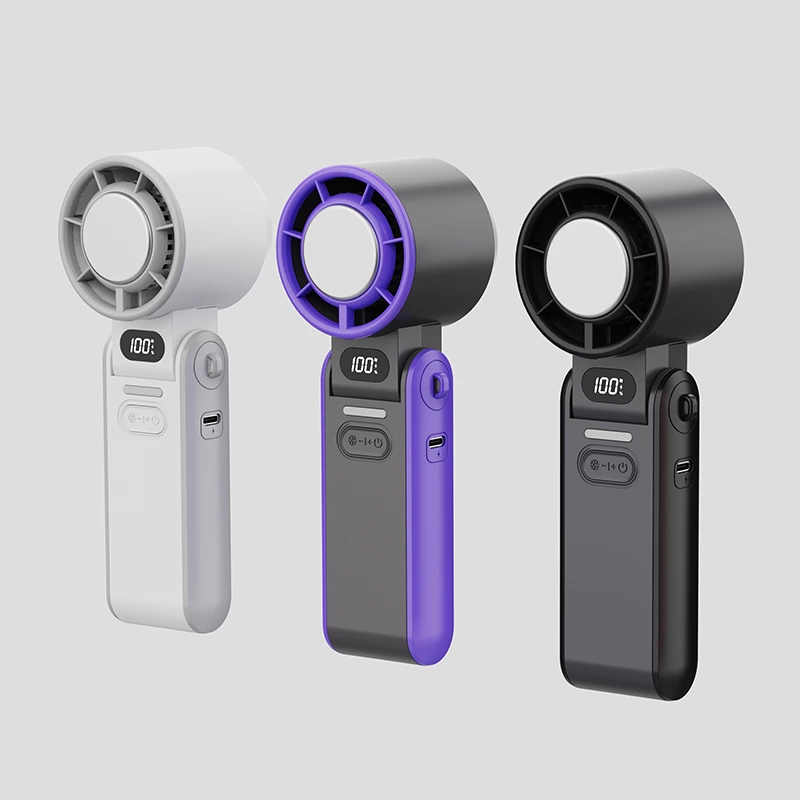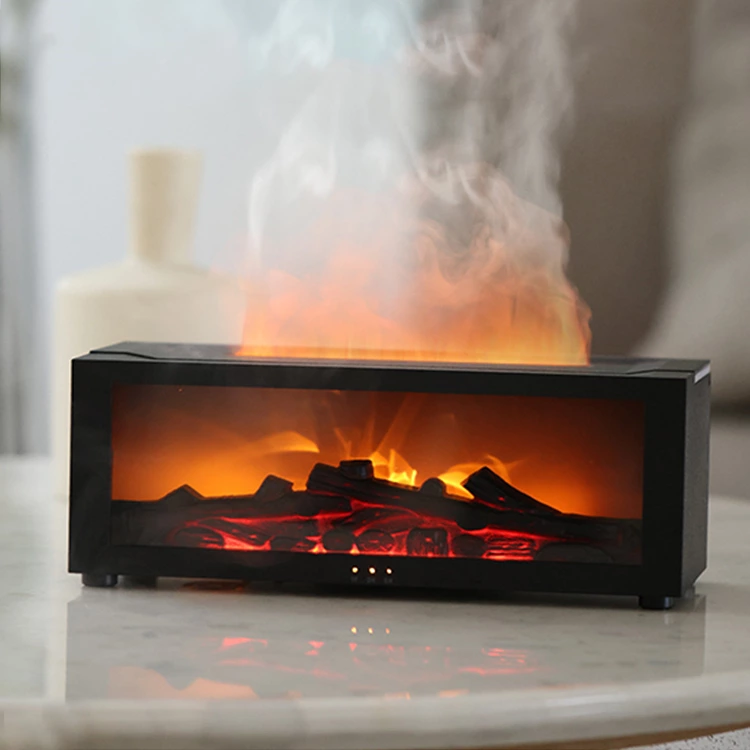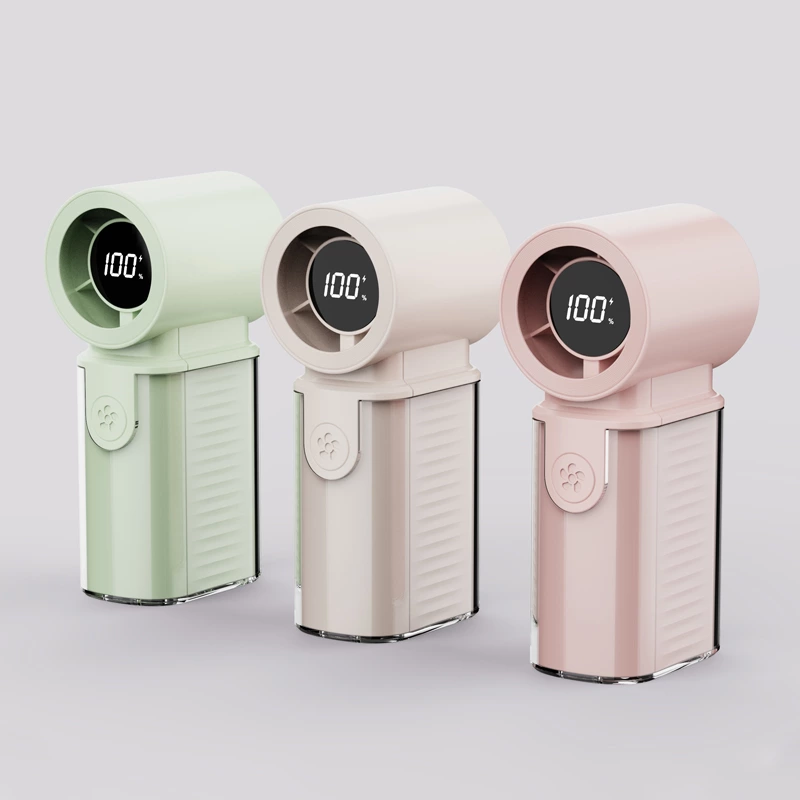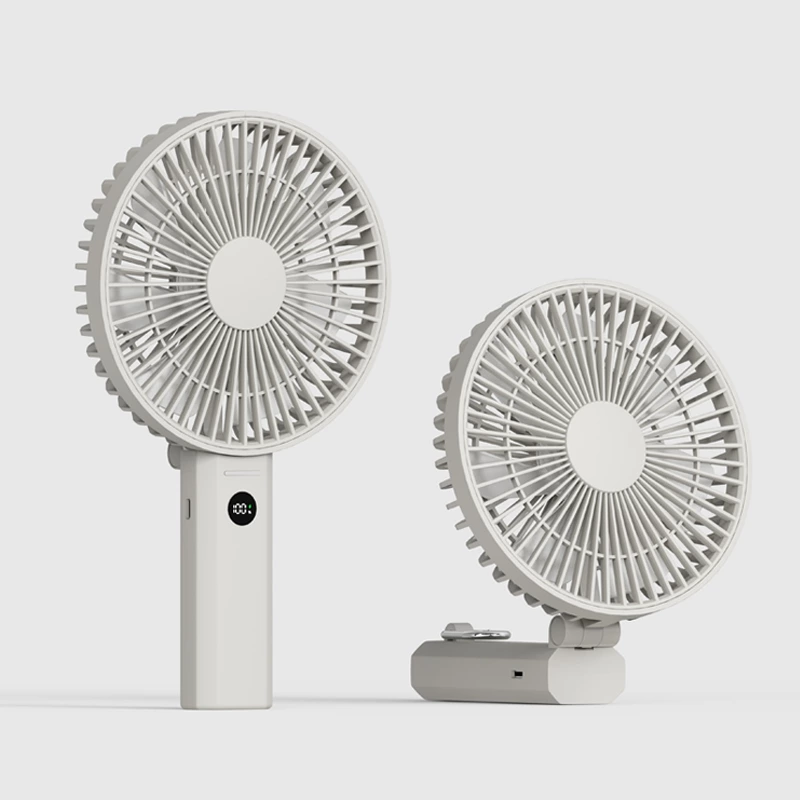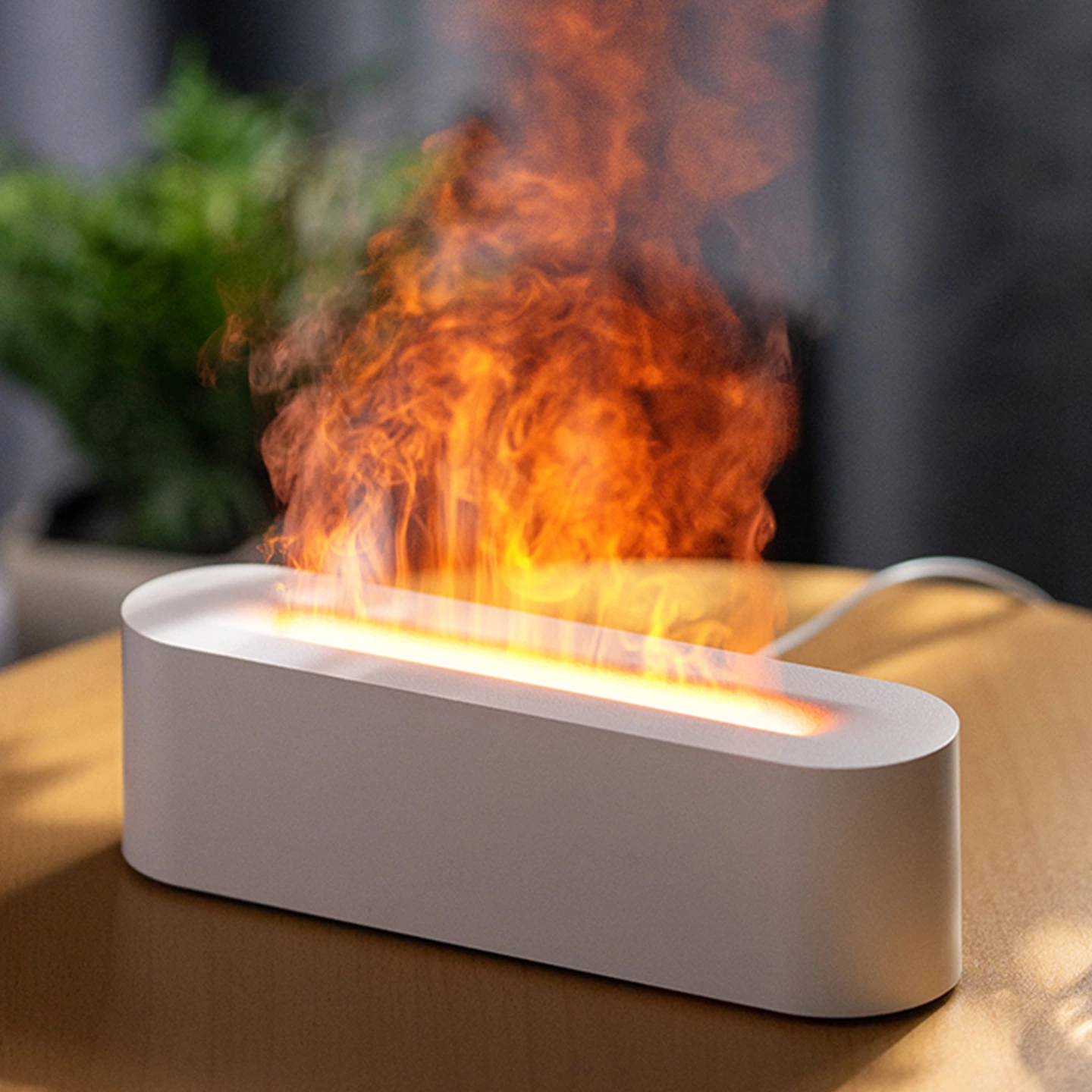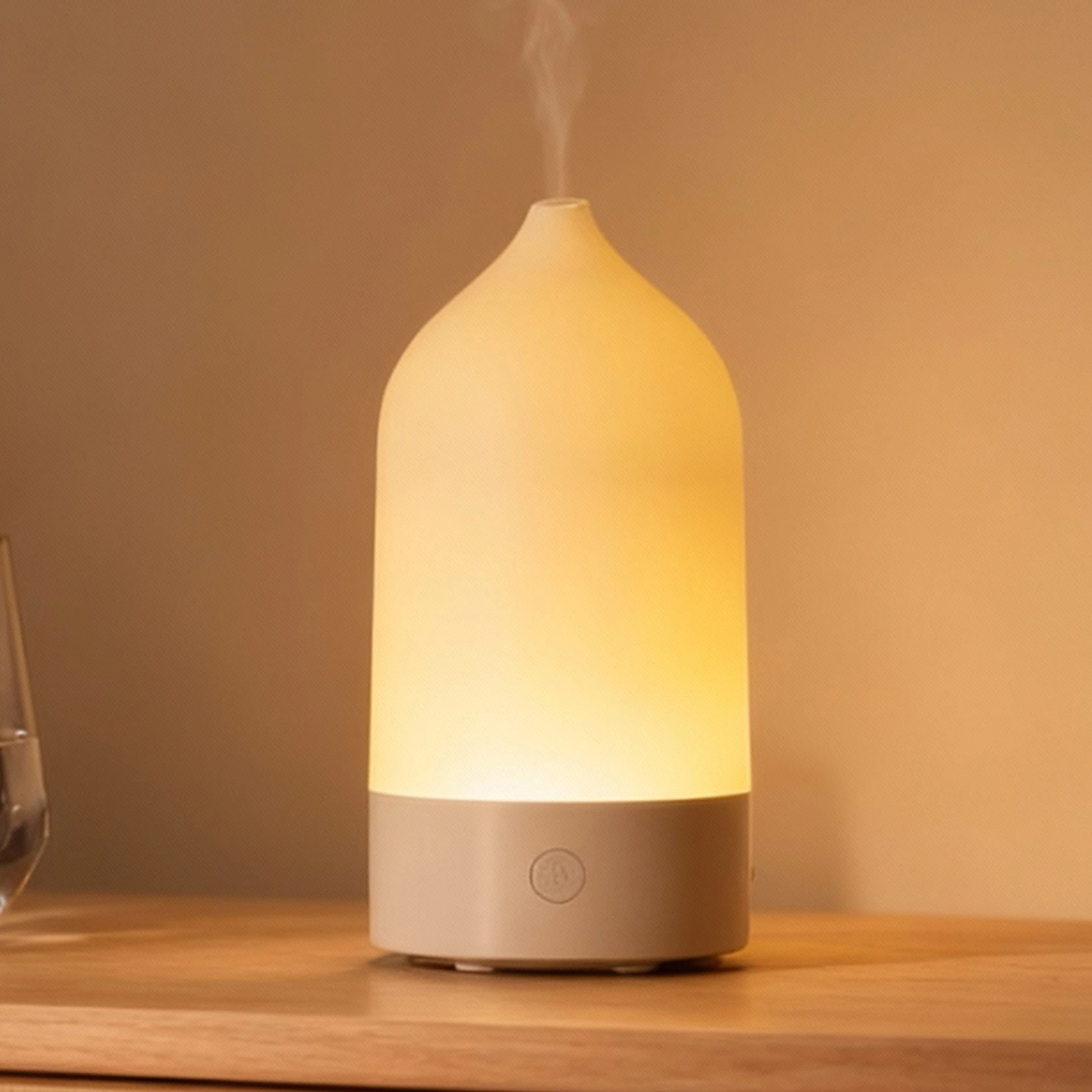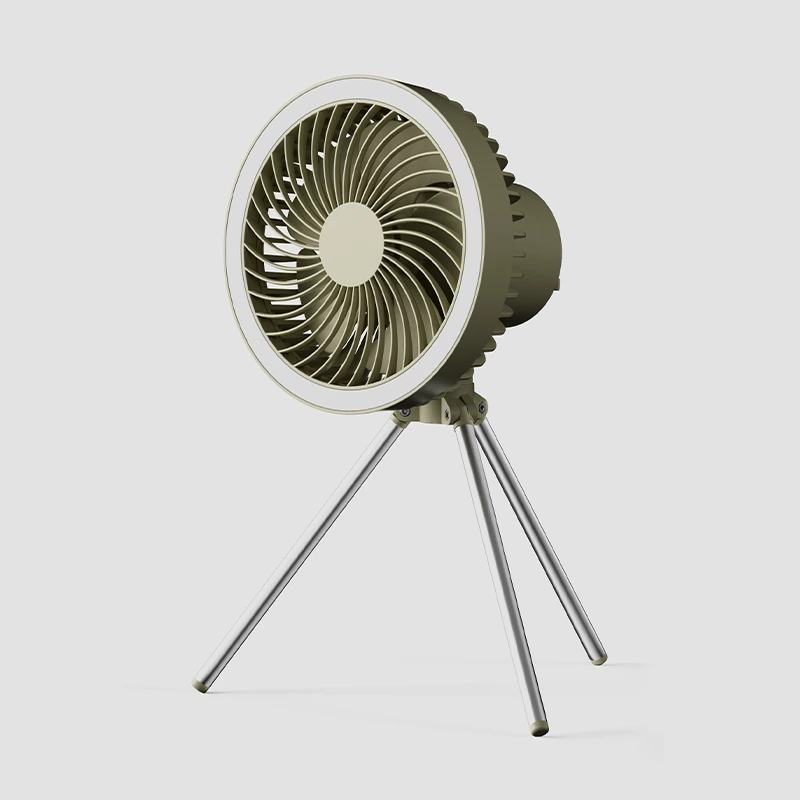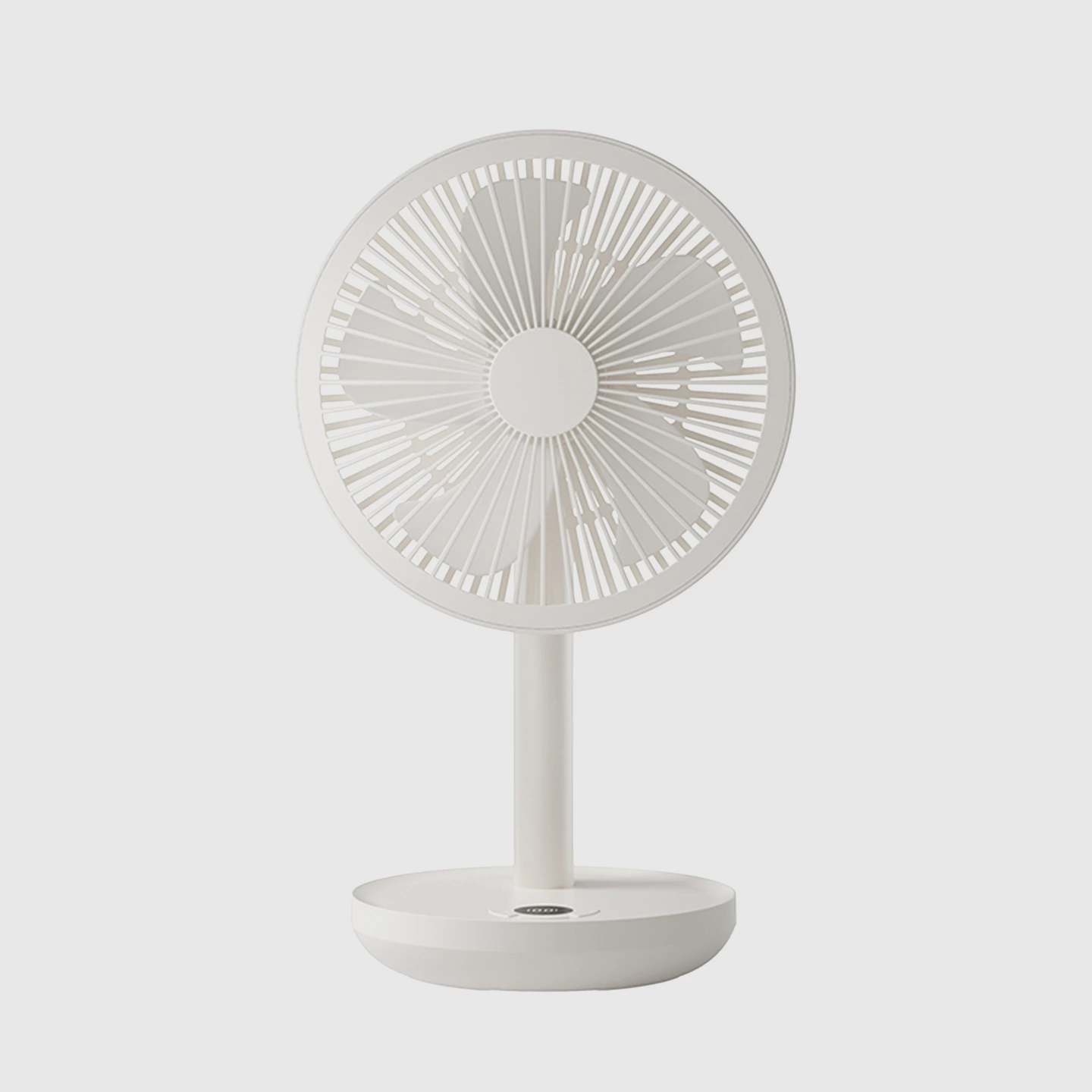Can You Use Air Conditioner Water in a Humidifier? Here's What You Need to Know
When it comes to using a humidifier, choosing the right type of water is essential for both the efficiency of the device and your health. One question that often arises is whether air conditioner (AC) water — the condensate collected from an AC unit — can be used in a humidifier. Let's explore why this might not be the best idea and what type of water is recommended for humidifiers.
Why Using AC Water in a Humidifier Isn't Recommended
-
Potential Contaminants:
- The water produced by an air conditioner is not pure. It’s essentially condensation that forms on the unit's evaporator coils. This water can contain dust, mold spores, bacteria, and other contaminants that are present in the air or on the coils themselves. If you use this water in a humidifier, these impurities could be released into the air as fine mist, which you and your family could inhale. This can lead to respiratory issues, allergies, or even infections.
-
Risk of Bacterial and Mold Growth:
- AC condensate water often sits in a collection pan or tray before it is drained, making it an ideal breeding ground for bacteria, mold, and algae. These microorganisms thrive in the damp environment of an air conditioner and can multiply quickly. Using this water in a humidifier could potentially disperse these harmful microorganisms throughout your home, compromising air quality.
-
Possible Chemical Contamination:
- Air conditioning units are sometimes cleaned with chemicals or treated with anti-mold agents. Residues from these substances can end up in the condensate water. If you use this water in a humidifier, it could damage the unit or cause harmful chemicals to be released into the air.
-
Lack of Mineral Content:
- While AC water is considered "soft" because it lacks the minerals found in tap water, this does not make it suitable for a humidifier. Many humidifiers, especially ultrasonic models, can be sensitive to certain water properties. Using water that lacks the appropriate minerals may not provide the best performance or mist quality.
What Type of Water Is Best for a Humidifier?
For optimal performance and safety, it is best to use the following types of water in your humidifier:
-
Distilled Water:
- Distilled water is highly recommended for humidifiers. It is free from minerals, bacteria, and other impurities. This ensures that the mist released by the humidifier is clean and safe to breathe. Using distilled water also helps prevent the buildup of mineral deposits, which can clog the humidifier and reduce its lifespan.
-
Filtered Water:
- Filtered water is another good option. While it may not be as pure as distilled water, it usually contains fewer minerals and impurities than tap water. It is a cost-effective alternative that can help reduce the chances of white dust (mineral residue) forming around the humidifier.
-
Avoid Tap Water:
- Tap water, especially hard water, contains minerals like calcium and magnesium. When used in a humidifier, these minerals can create white dust that settles on surfaces and may also contribute to bacterial growth inside the unit. Additionally, mineral buildup can damage the humidifier over time.
Conclusion
While it might be tempting to use air conditioner water in a humidifier, doing so poses risks to both your health and the device itself. The potential for contaminants, bacterial growth, and chemical residues makes AC water a poor choice for humidifiers. For the best performance and to ensure clean air quality in your home, always use distilled or filtered water in your humidifier. This simple step will help maintain the device's efficiency, extend its lifespan, and protect your health.

